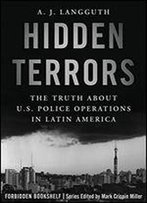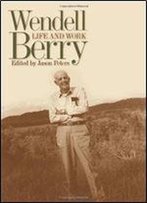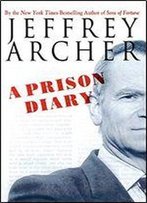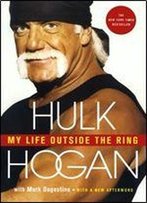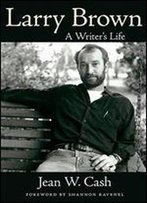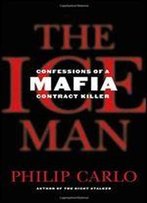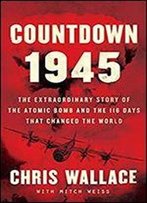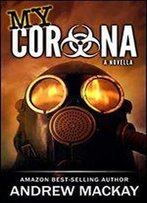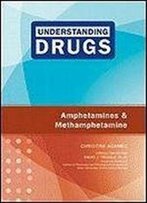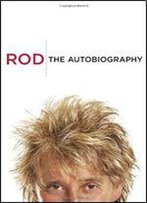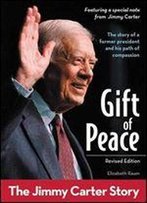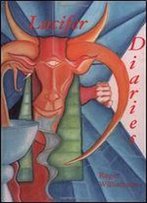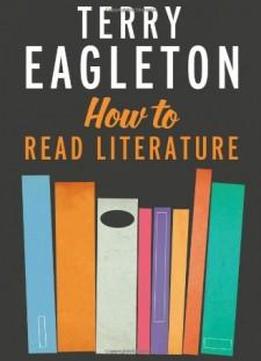
How To Read Literature
by Terry Eagleton /
2013 / English / PDF
7.8 MB Download
What makes a work of literature good or bad? How freely can the
reader interpret it? Could a nursery rhyme like
What makes a work of literature good or bad? How freely can the
reader interpret it? Could a nursery rhyme likeBaa Baa
Black Sheep
Baa Baa
Black Sheep be full of concealed loathing, resentment, and
aggression? In this accessible, delightfully entertaining book,
Terry Eagleton addresses these intriguing questions and a host
of others.
be full of concealed loathing, resentment, and
aggression? In this accessible, delightfully entertaining book,
Terry Eagleton addresses these intriguing questions and a host
of others.How to Read Literature
How to Read Literature is the book of choice
for students new to the study of literature and for all other
readers interested in deepening their understanding and
enriching their reading experience.
is the book of choice
for students new to the study of literature and for all other
readers interested in deepening their understanding and
enriching their reading experience.
In a series of brilliant analyses, Eagleton shows how to read
with due attention to tone, rhythm, texture, syntax, allusion,
ambiguity, and other formal aspects of literary works. He also
examines broader questions of character, plot, narrative, the
creative imagination, the meaning of fictionality, and the
tension between what works of literature say and what they
show. Unfailingly authoritative and cheerfully opinionated, the
author provides useful commentaries on classicism, Romanticism,
modernism, and postmodernism along with spellbinding insights
into a huge range of authors, from Shakespeare and J. K.
Rowling to Jane Austen and Samuel Beckett.
In a series of brilliant analyses, Eagleton shows how to read
with due attention to tone, rhythm, texture, syntax, allusion,
ambiguity, and other formal aspects of literary works. He also
examines broader questions of character, plot, narrative, the
creative imagination, the meaning of fictionality, and the
tension between what works of literature say and what they
show. Unfailingly authoritative and cheerfully opinionated, the
author provides useful commentaries on classicism, Romanticism,
modernism, and postmodernism along with spellbinding insights
into a huge range of authors, from Shakespeare and J. K.
Rowling to Jane Austen and Samuel Beckett.
